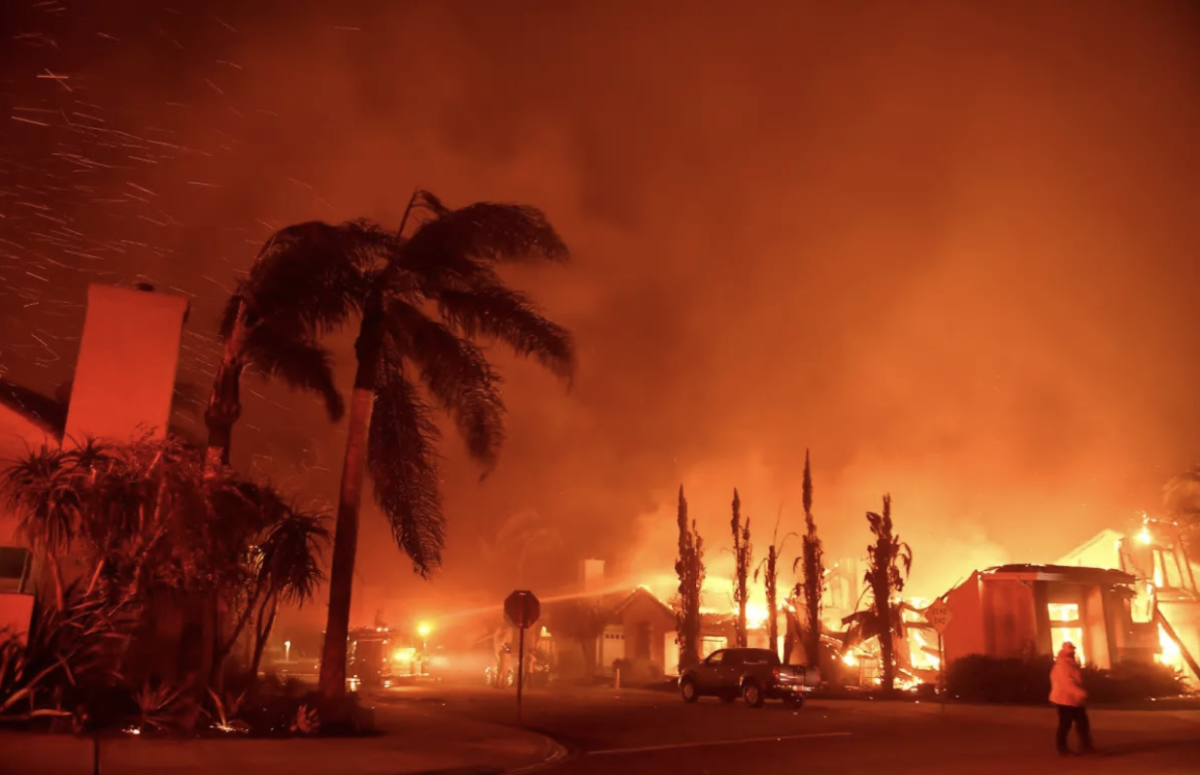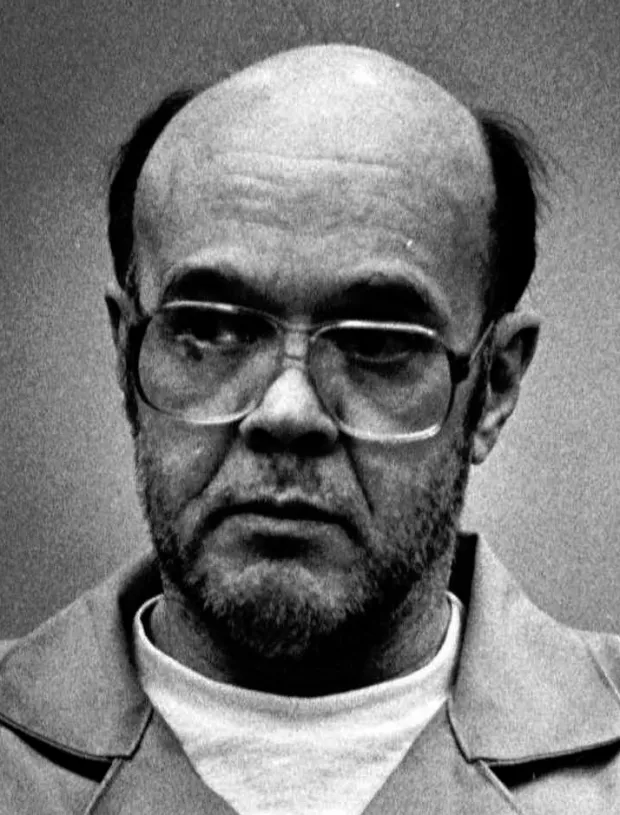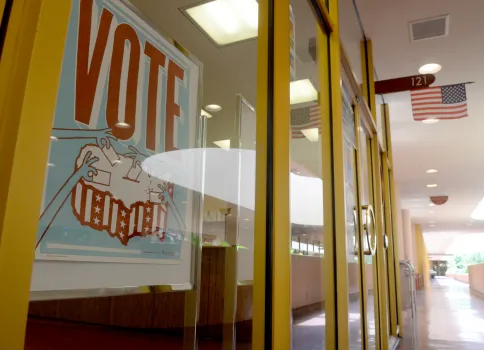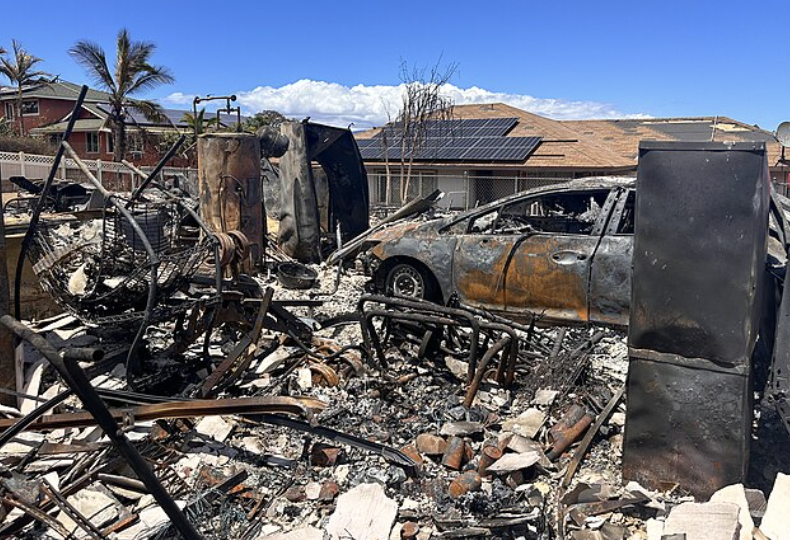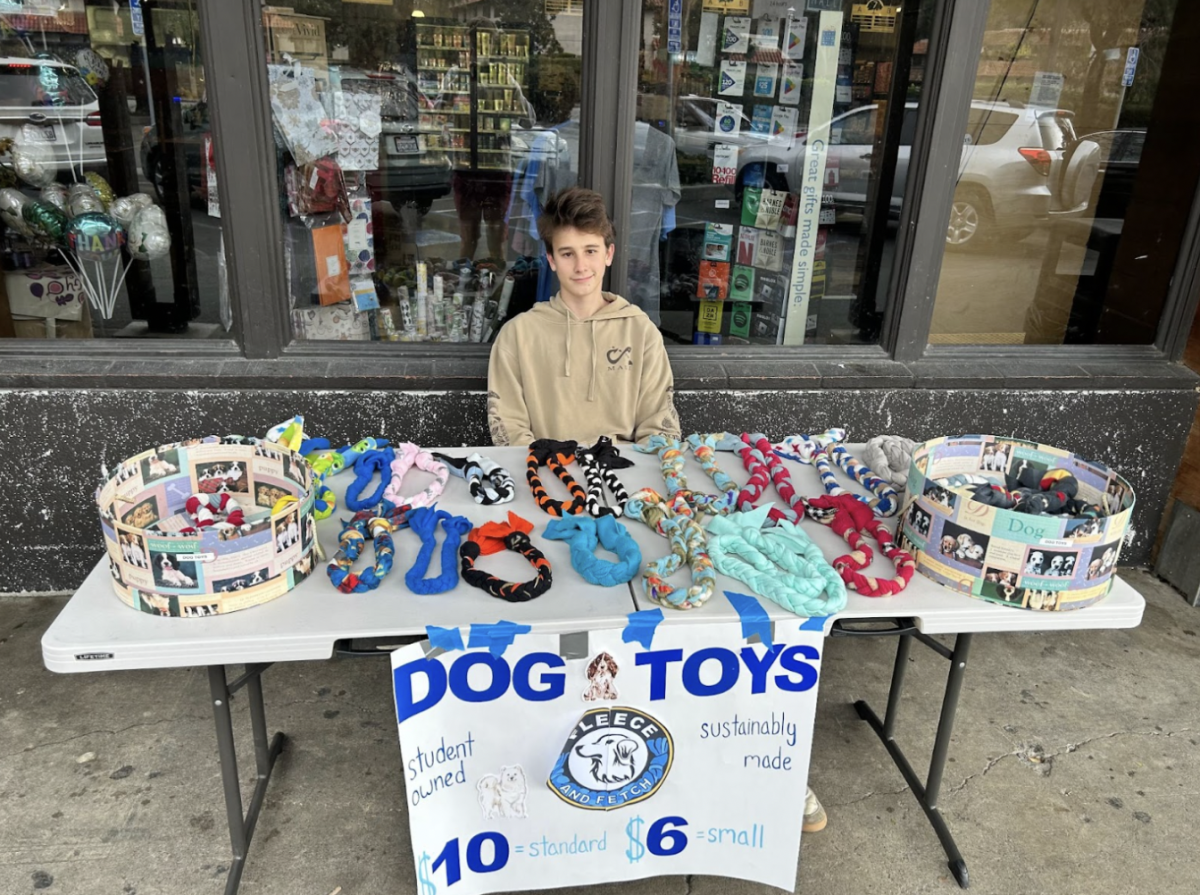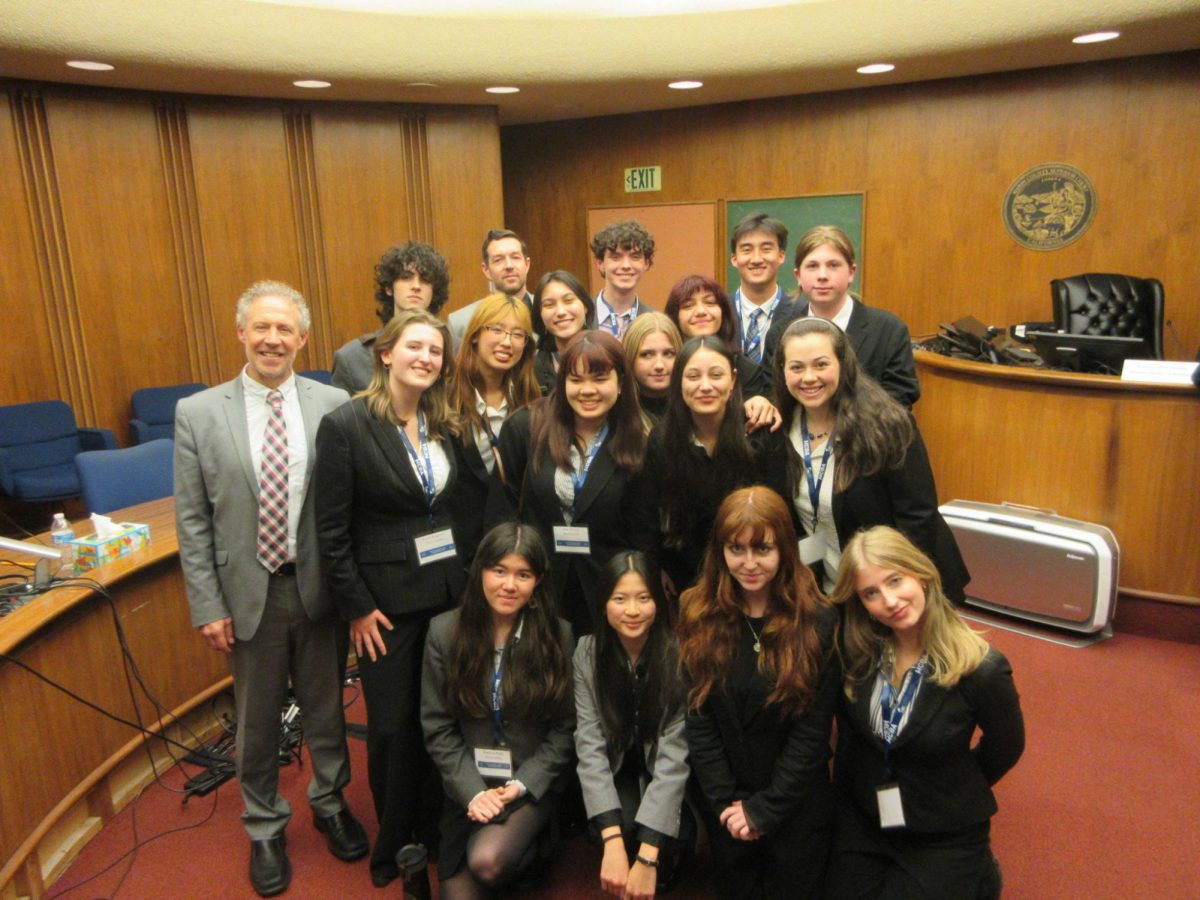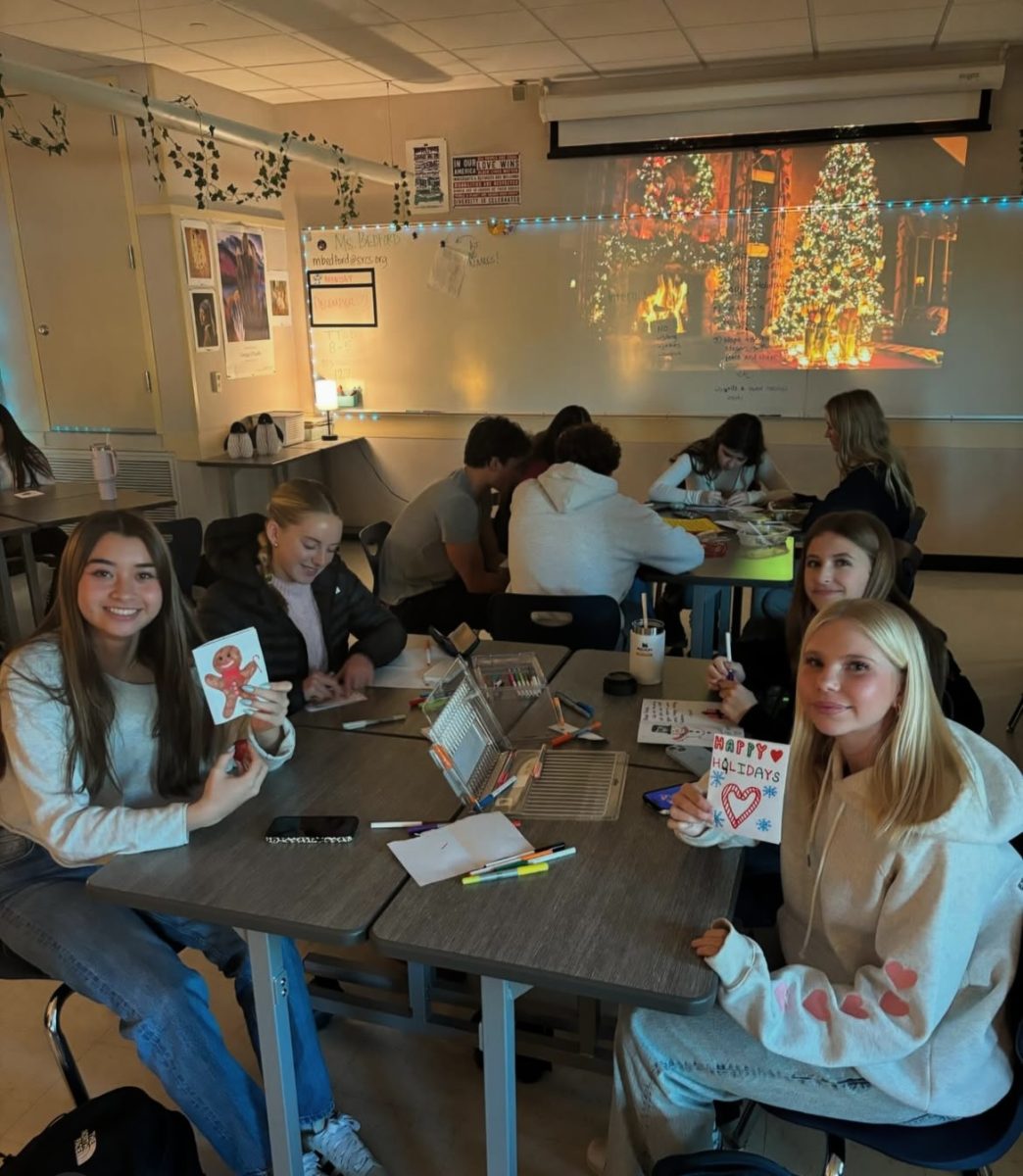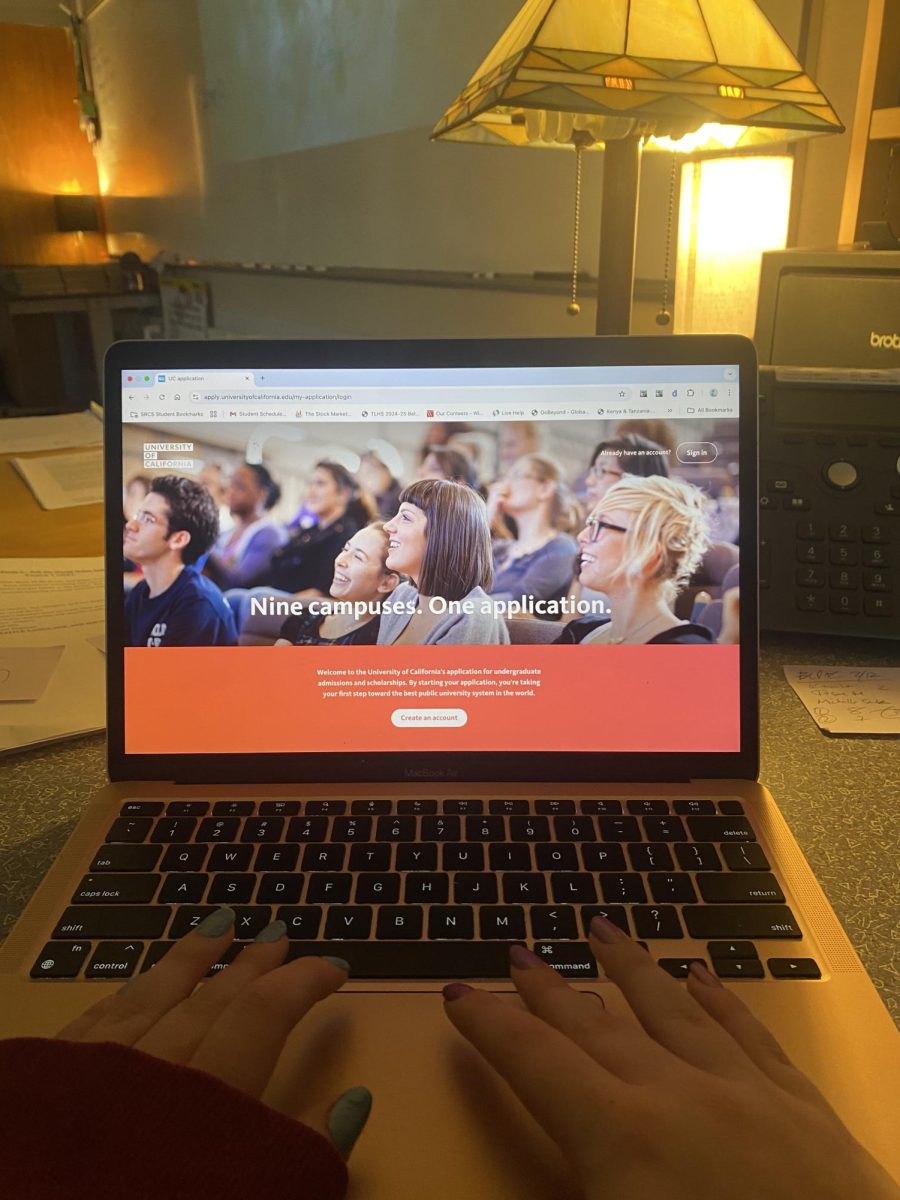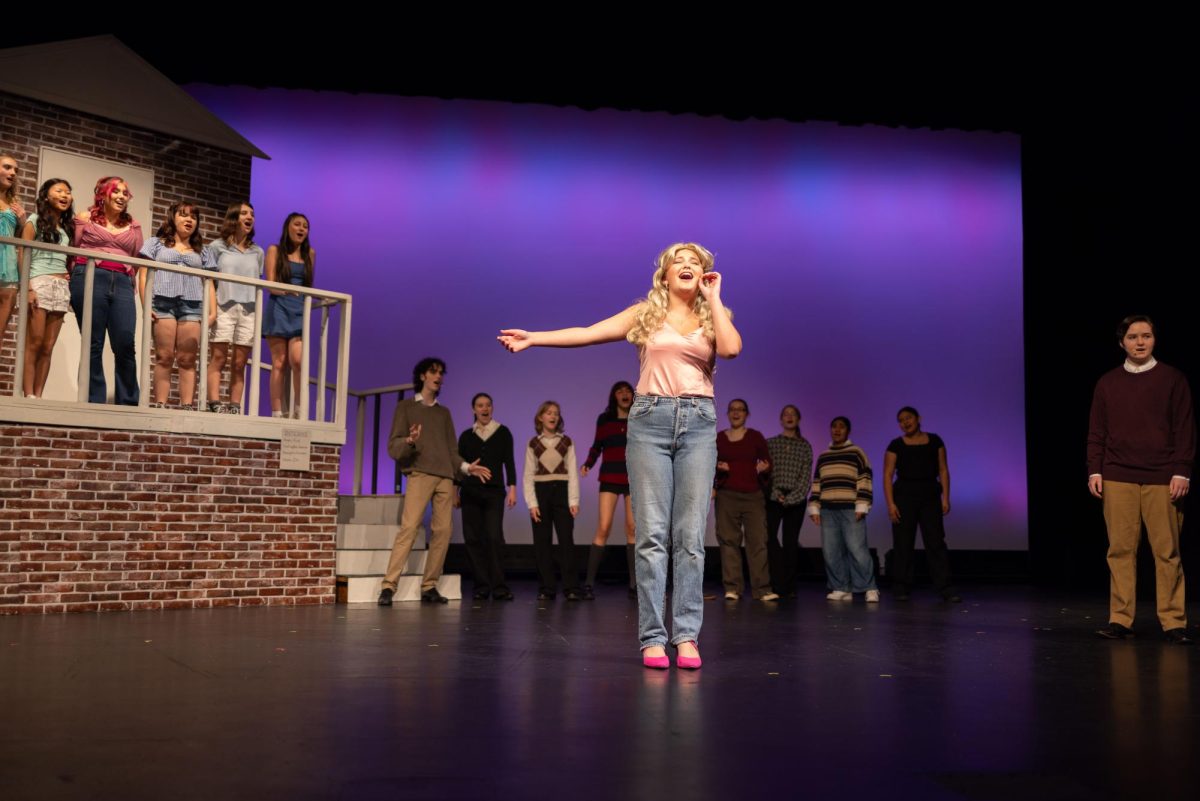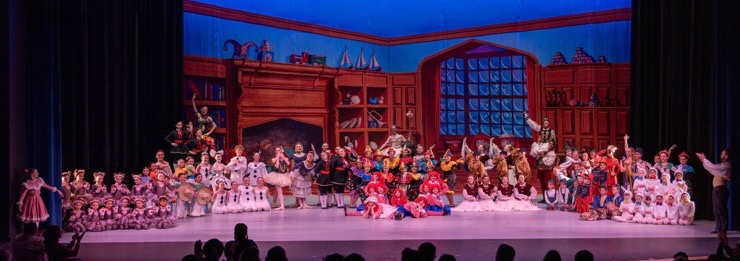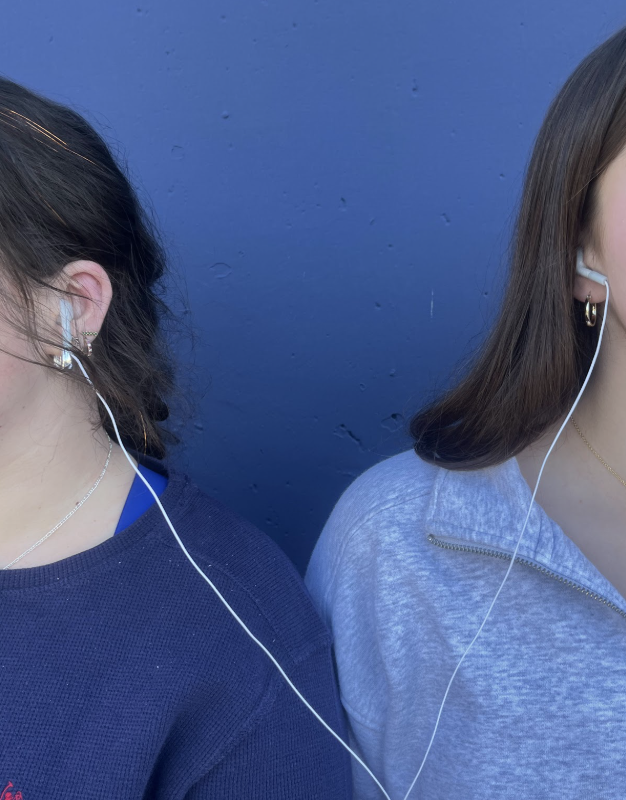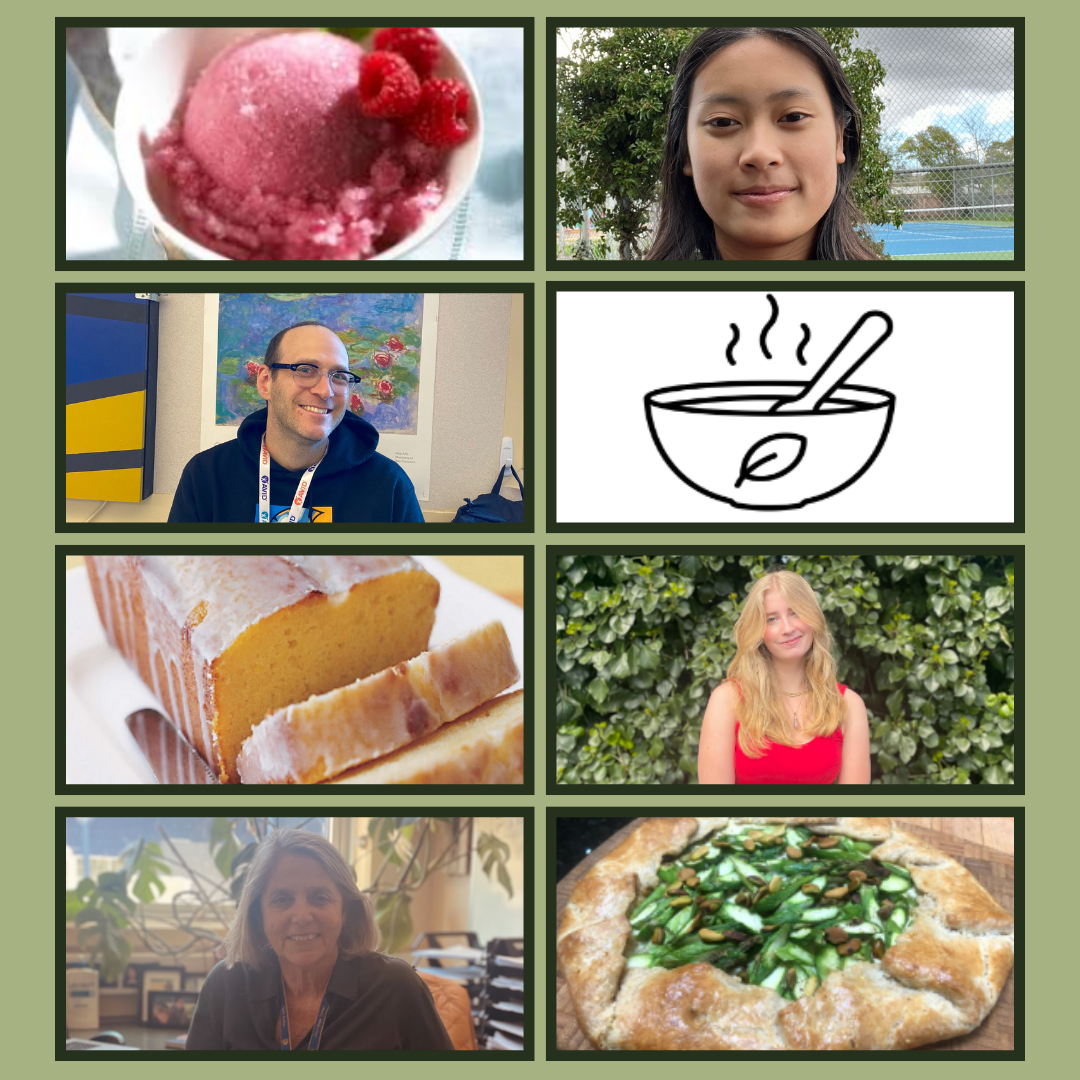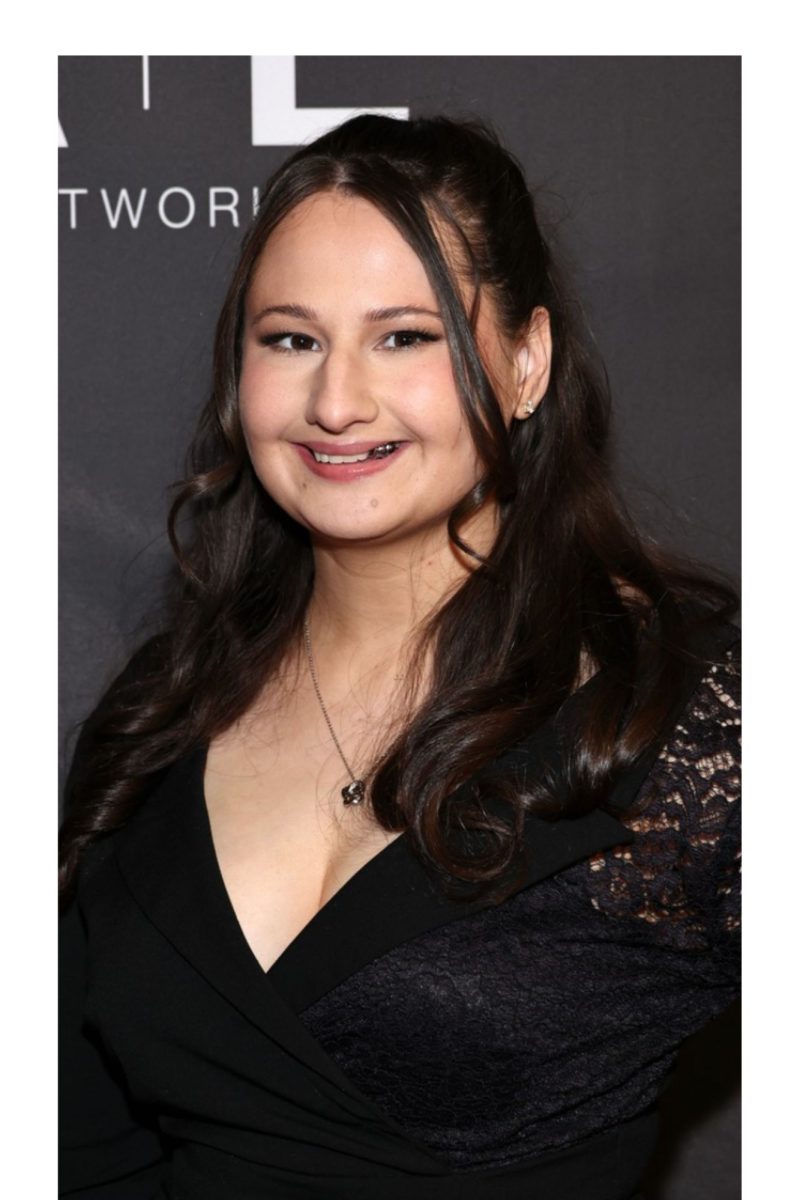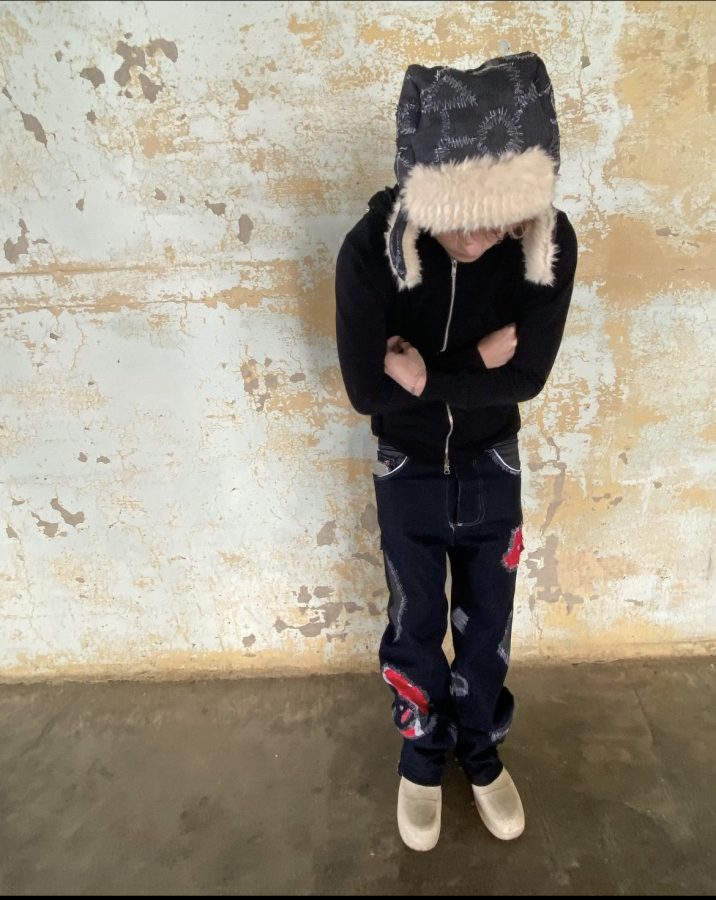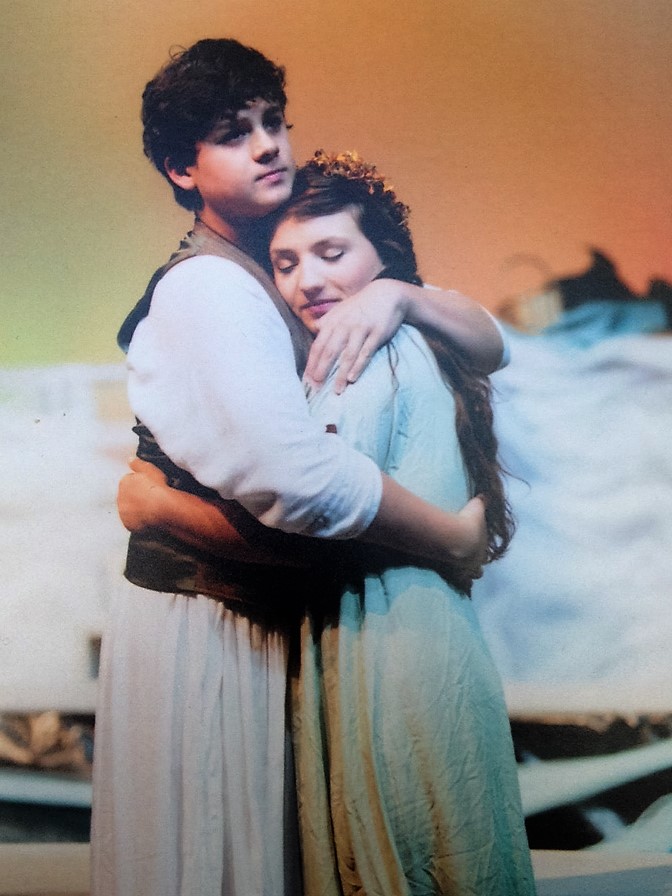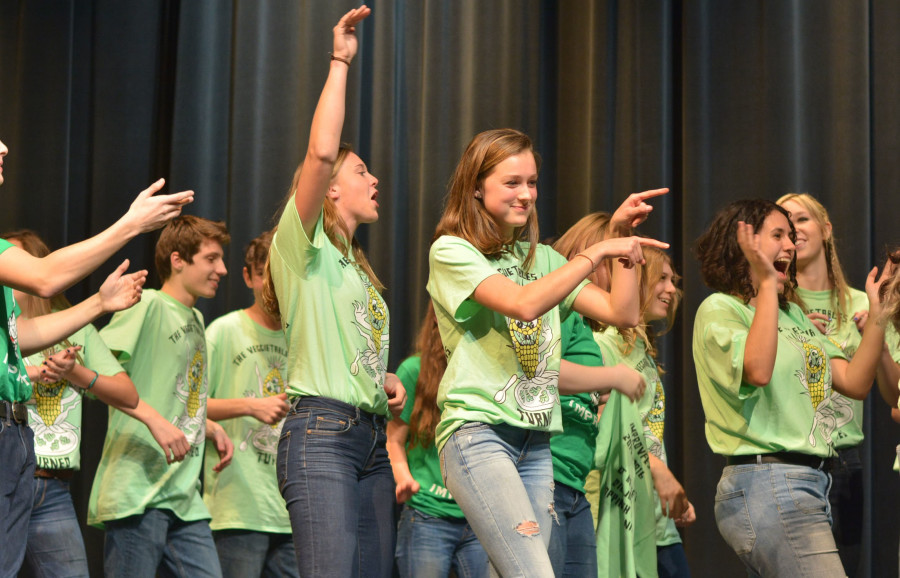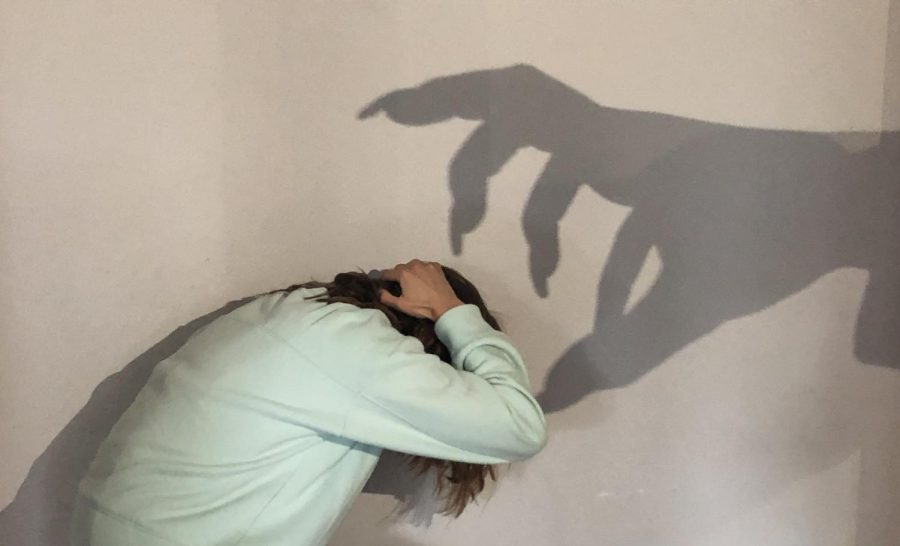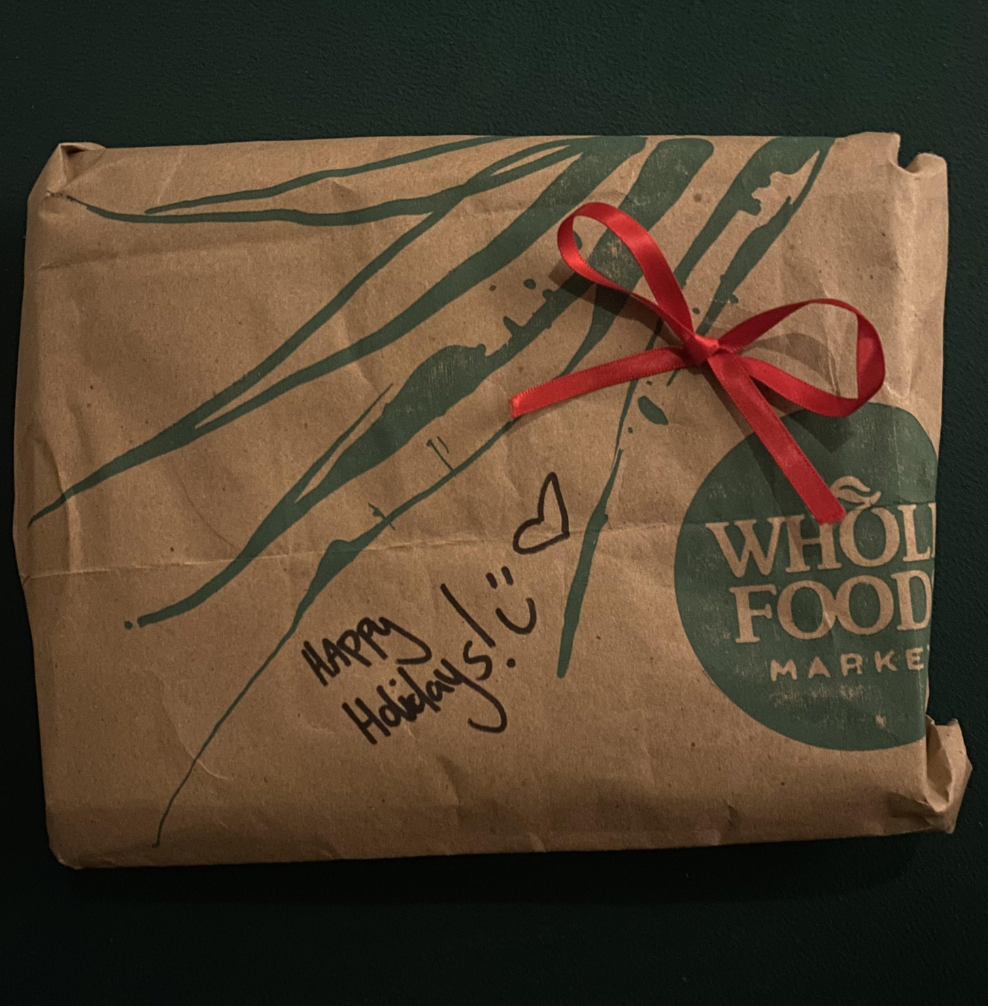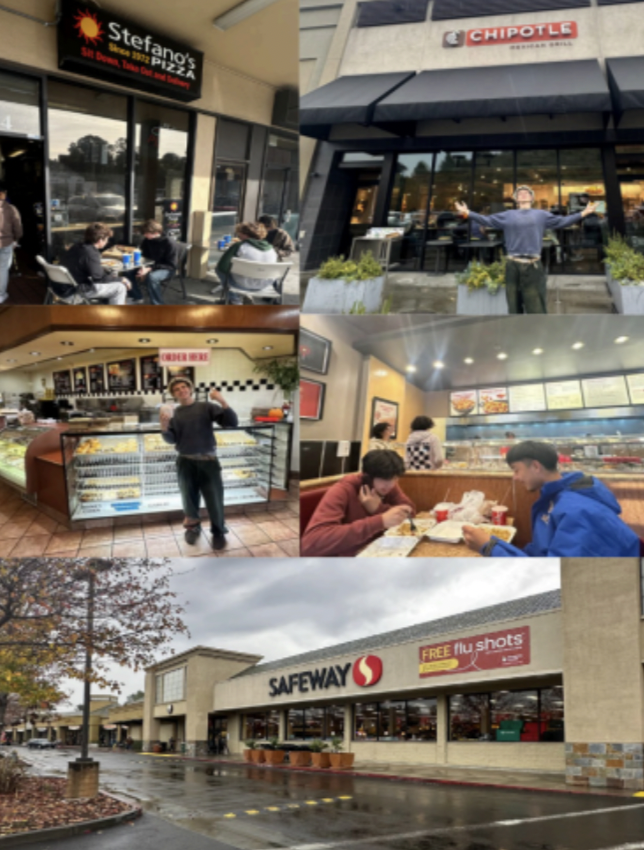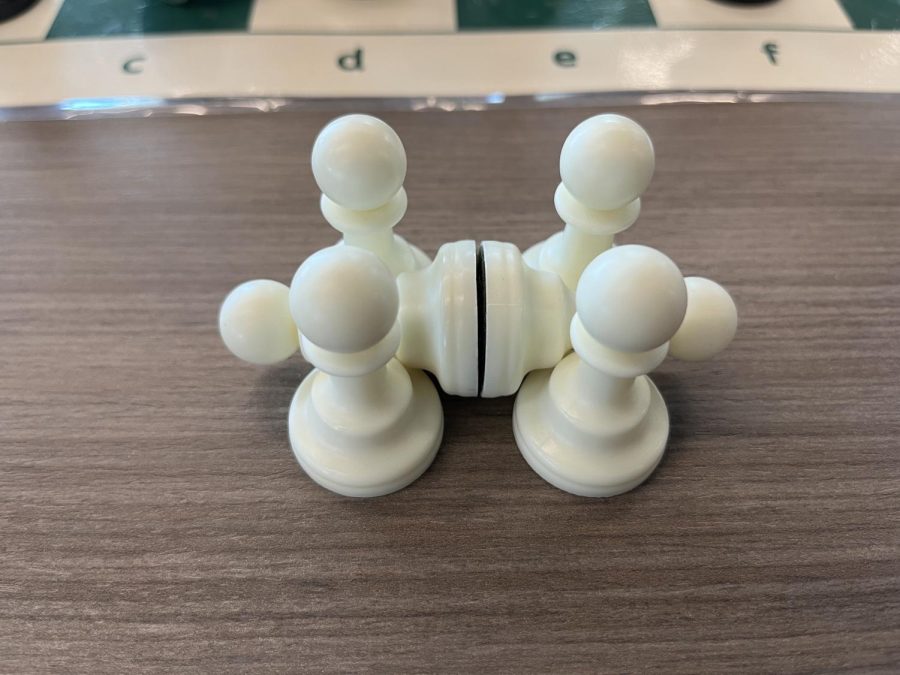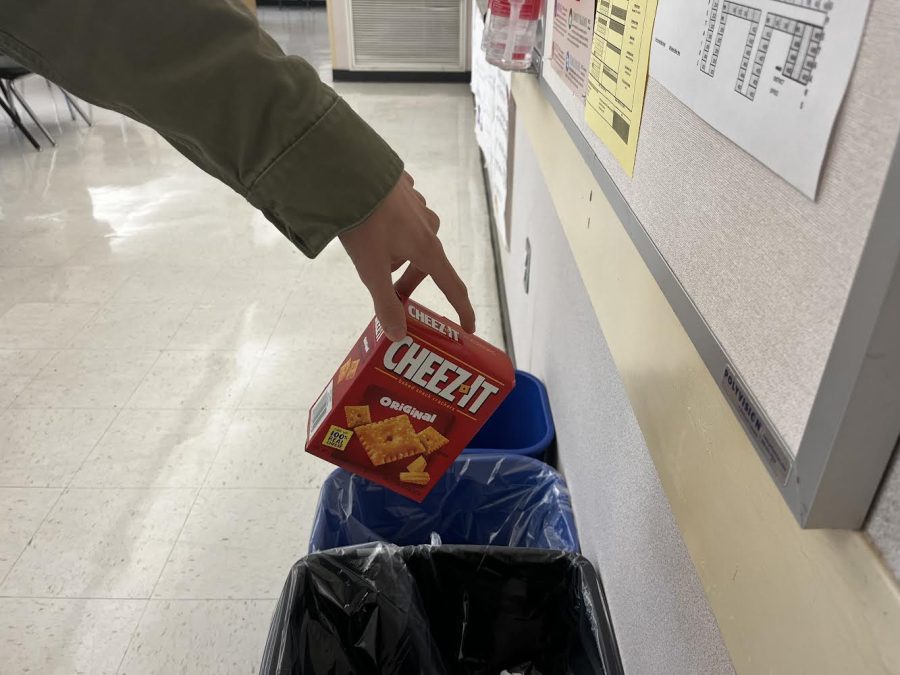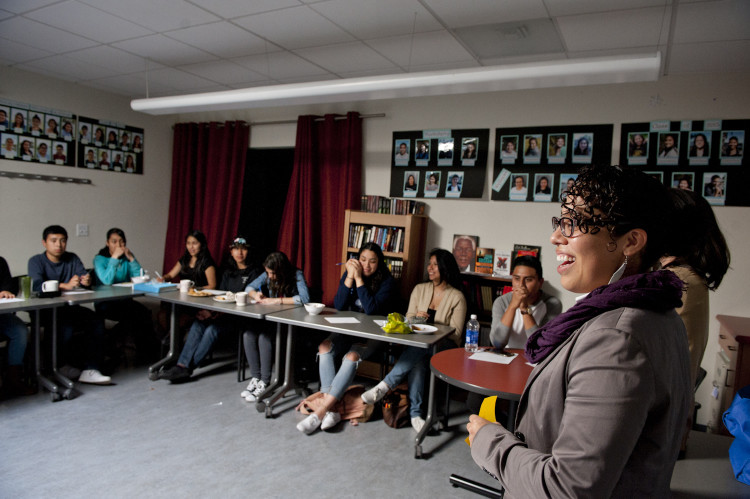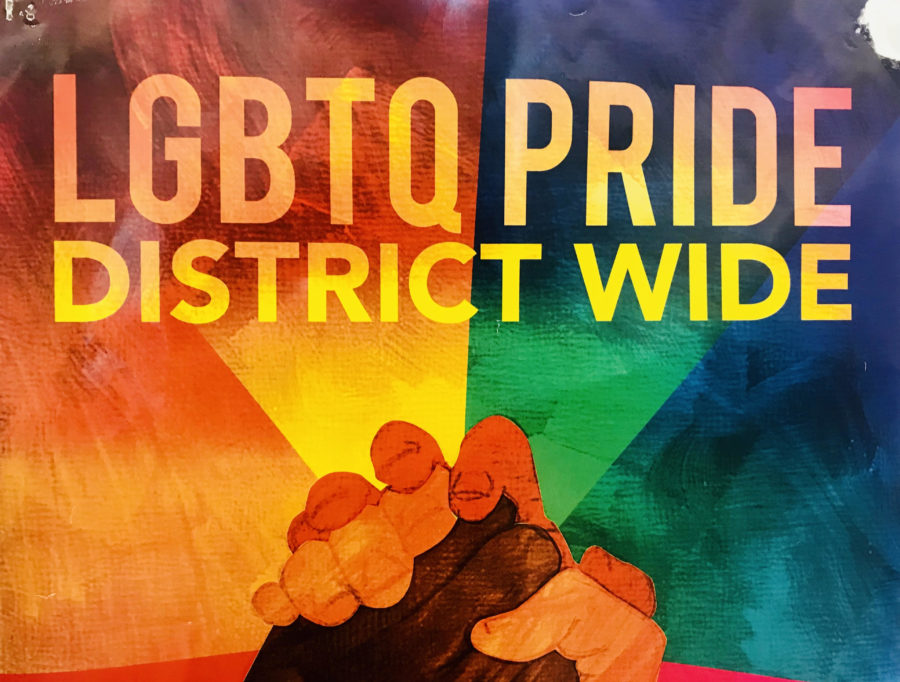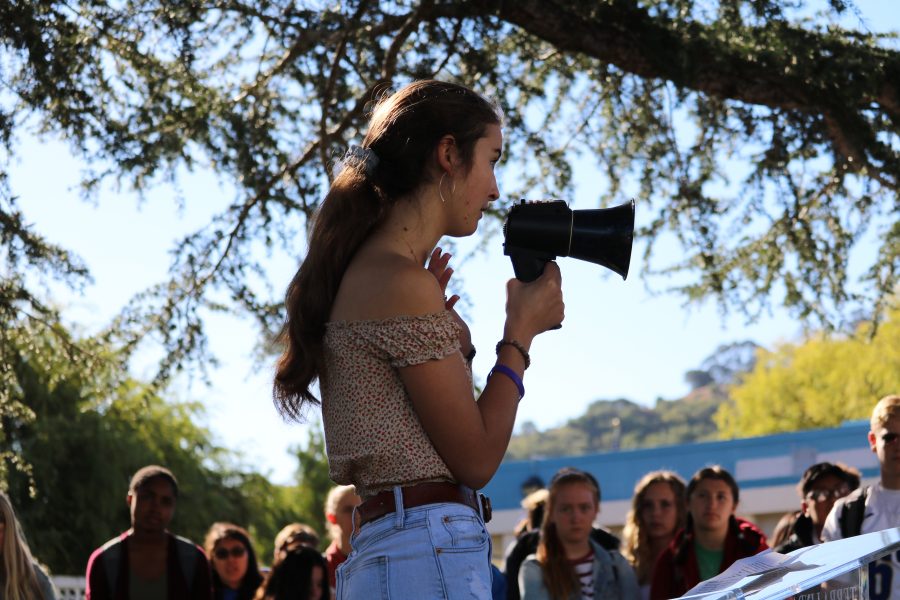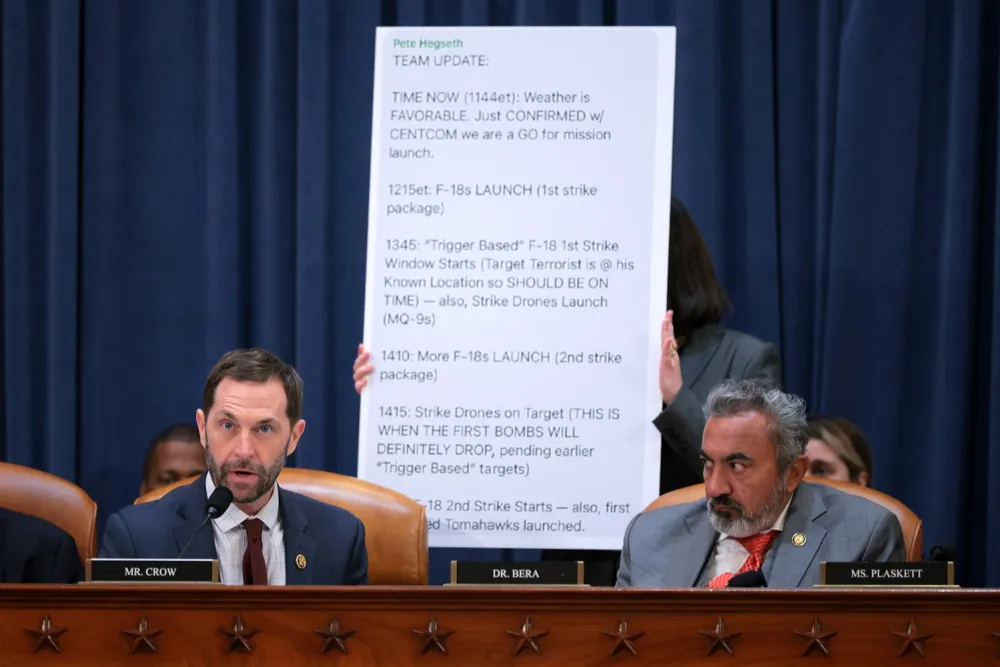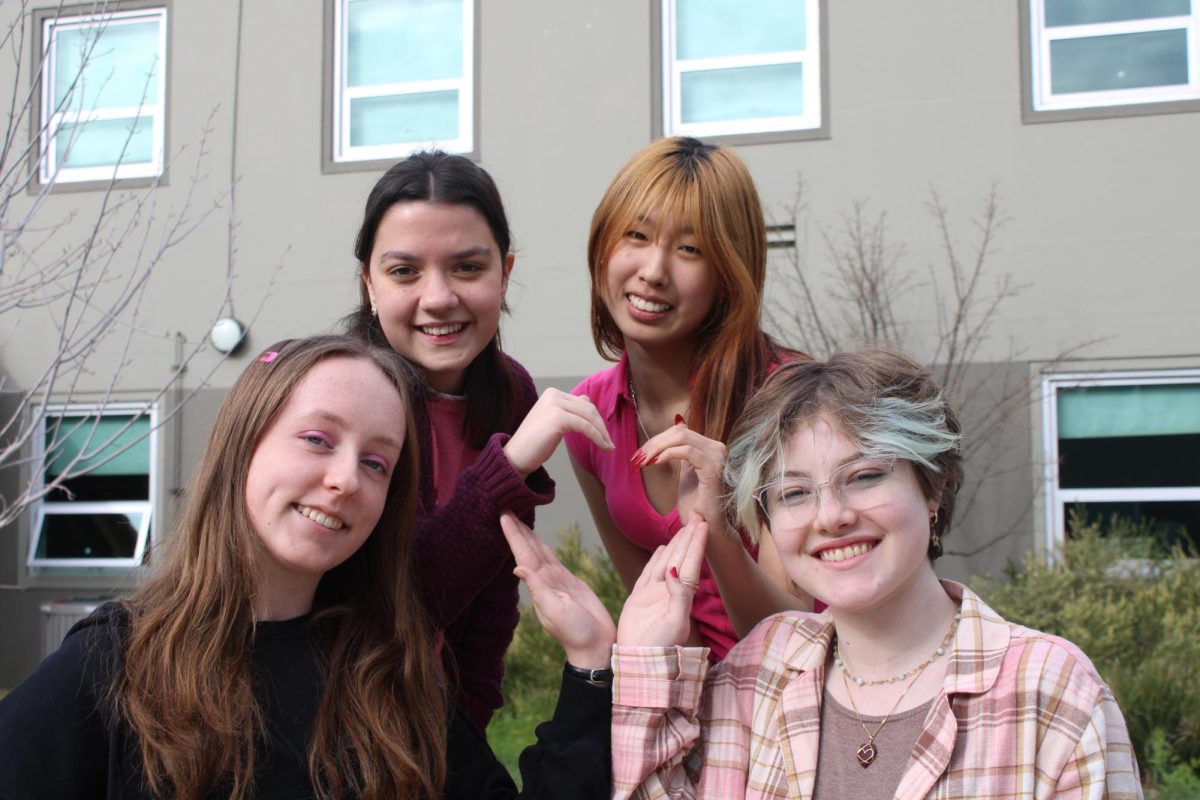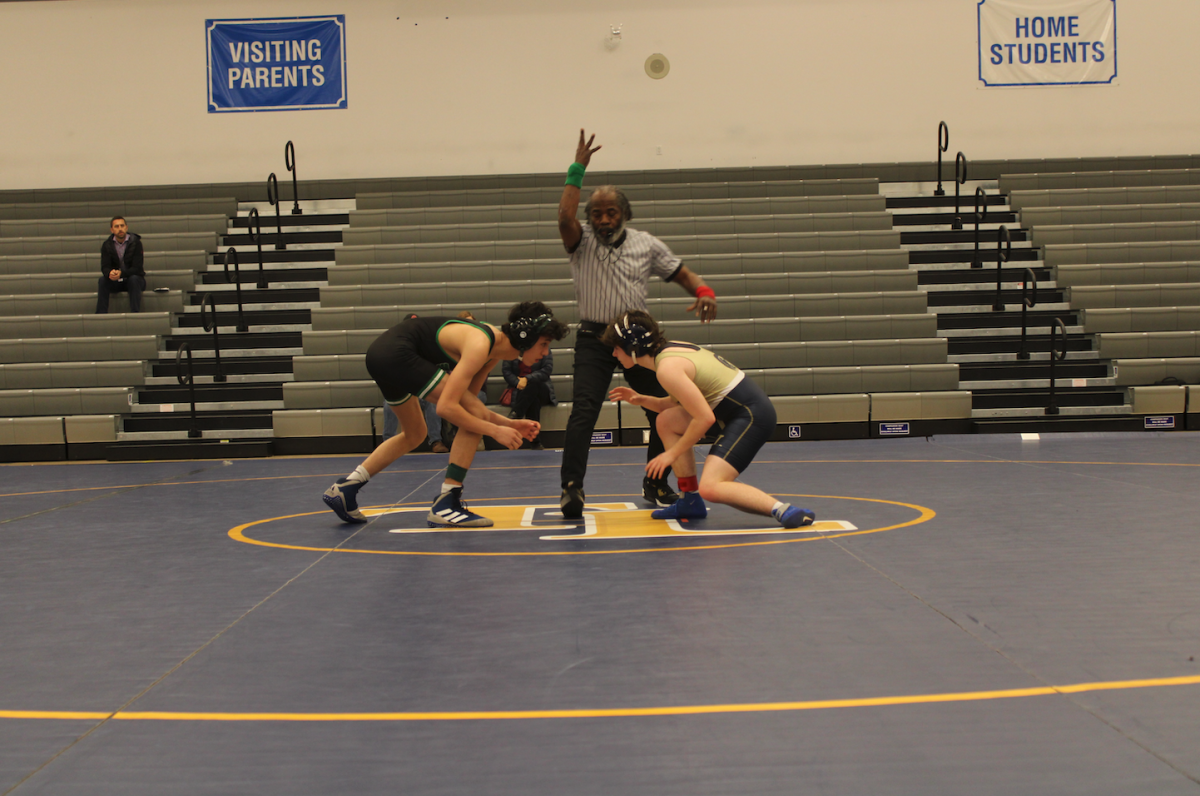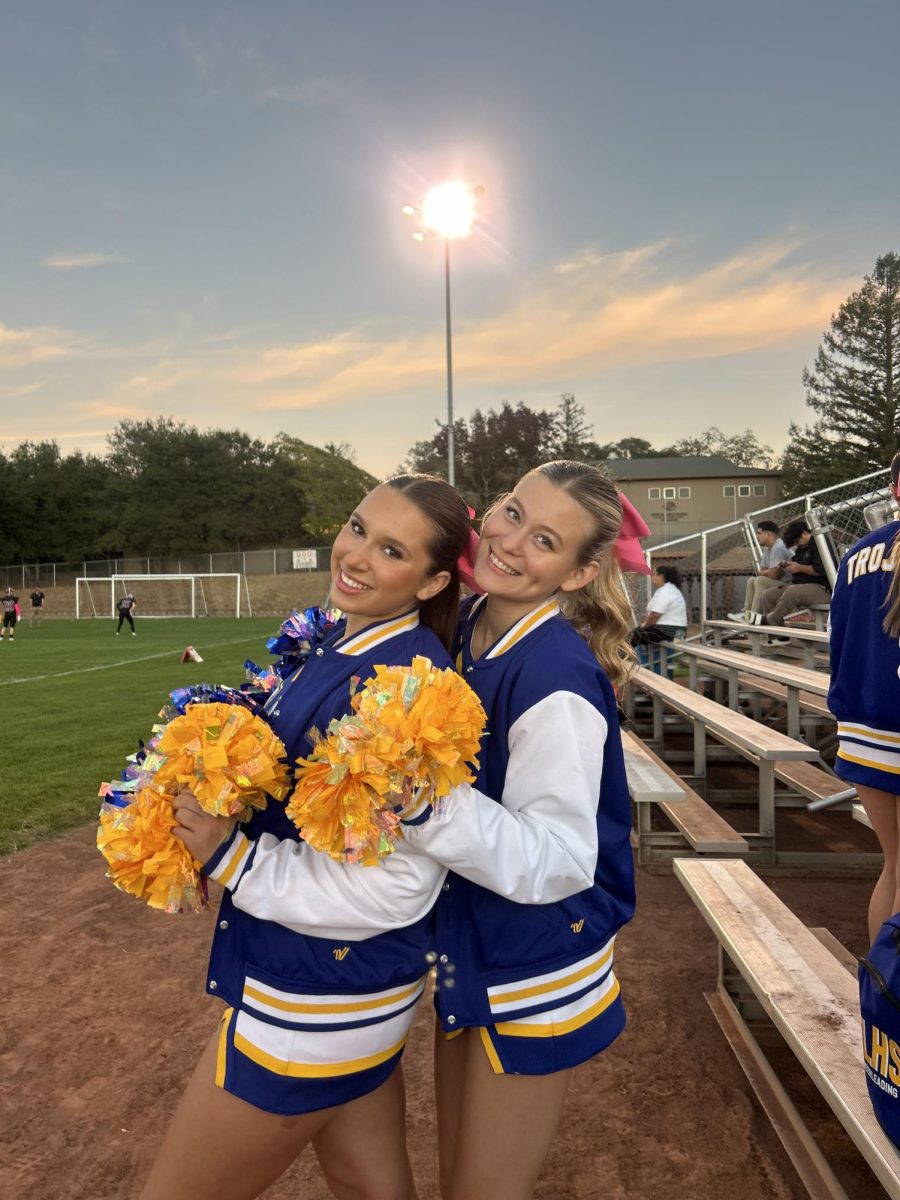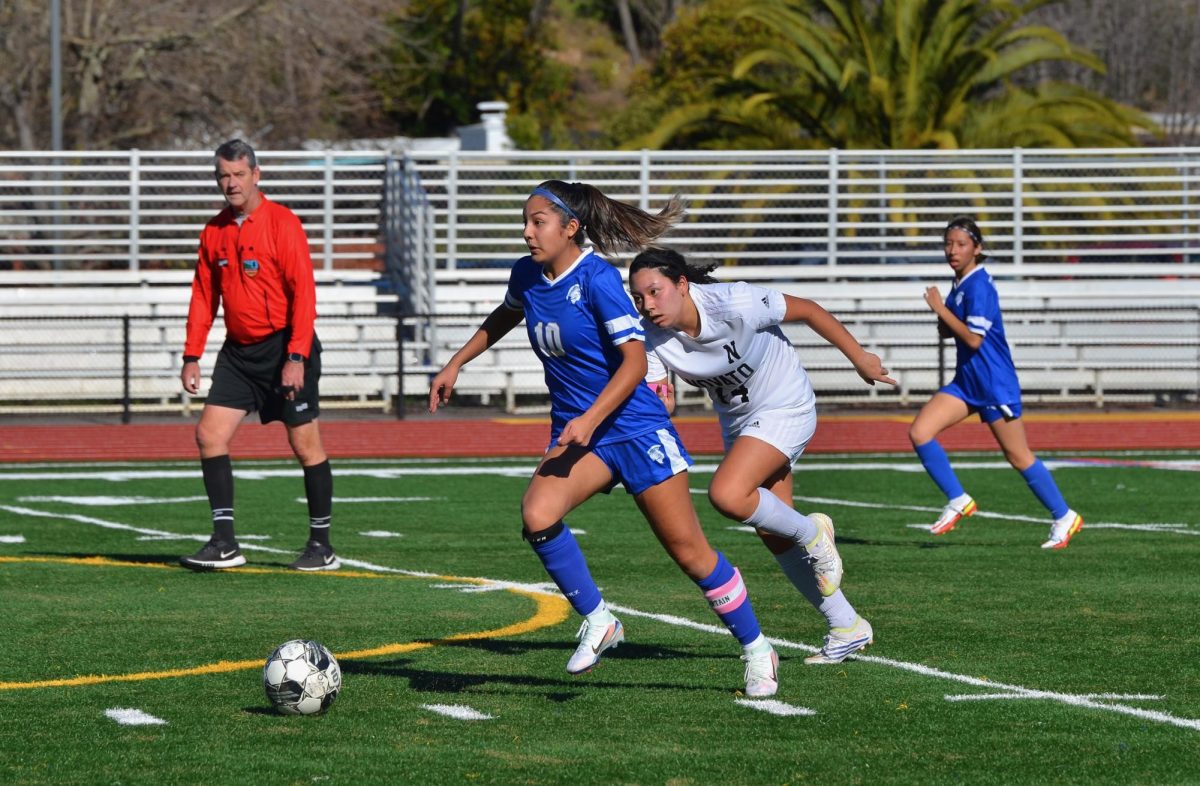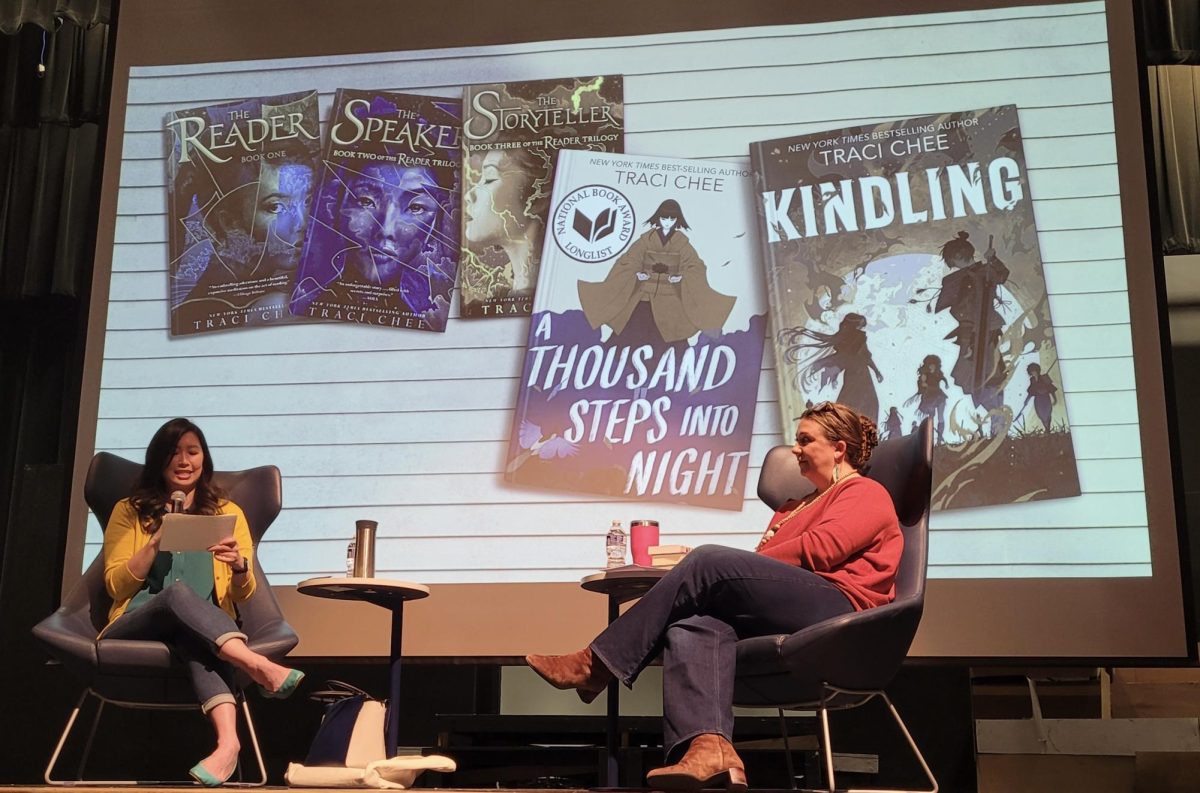On April 26th, 2024, Traci Chee visited Terra Linda High School to speak to students about her book We Are Not Free. Chee is the 2020 winner of the National Book Award for Young People’s Literature and a New York Times best-selling author of books such as The Reader and We Are Not Free. During brunch, prior to the main event, Chee met with TL’s Project Lit Book Club for a pre-event discussion of her debut novel and the book club’s most recent group read, The Reader. She was very generous, bringing bookmarks for the book club members, and happy to sign books as well.
During the brunch discussion, they talked about Chee’s novels and her love of incorporating puzzles in her books, especially The Reader. Similarly, she shared much about the process of writing and being officially published. When the main event began, Chee started off by delivering a heartfelt presentation about her family’s historical ties to Japanese internment and her personal experiences growing up unaware of the atrocious history imposed on hundreds of thousands of Japanese Americans on American soil. She explained the importance she felt in making sure people in the future wouldn’t grow up like she did, unaware of the history of people close to her and in her community. Later on, during her presentation, questions were opened up to the audience. After Rose started off, audience members soon began rolling out questions ranging from how she goes about writing different characters in the same book to whether or not her family received reparations for the internment. An interesting topic of discussion was the fact that she writes across different genres. Chee explained that it’s certainly an experience. She even commented that she’d originally wanted to incorporate magic into We Are Not Free as she was much more familiar with the bounding of fictional worlds, that was until she dove deeper into her research and found that no magic could be as powerful as true history.
Chee was previously employed as a teacher at a San Rafael City School before pursuing her writing career. Noting that she was formerly local and that she would be willing to come, Ms. Rose reached out to Chee’s publicists to figure out the availability and speaker fee of her visit. Ms. Rose was heavily inspired by another very successful author visit she organized last year, where Javier Zamora came to speak to both San Rafael and Terra Linda High School students about his memoir, Solito. Rose says, “I knew I wanted to have another author visit; I’m aiming to have one big author visit a year.” OneTL, Terra Linda High’s parent group covered Chee’s speaker fee, and with that, the visit went smoothly. Ms. Rose does note that it is especially difficult to have a large turnout during events hosted during tutorial: “I have found it is especially difficult to get students to give up their tutorial time, so if I were to do it again, I think I would try to do it during class time and make it more of an assembly to get whole classes to come, but as it was, I think we had close to 100 students, which was great.”
Rose also emphasized the importance of hearing from authors, specifically highlighting the significance of storytelling in human society. “I think that story-telling is the only way that we learn. Humans are programmed to learn through storytelling; whether you are thinking about history, fantasy, or even the news, we tell stories around everything in order to help us understand the world around us.” Rose finds that authors who tend to express ideas and stories creatively are also typically entertaining and dynamic speakers. Hearing from the author can help engage readers and students with the book beyond just reading it; it helps to promote deeper thinking and discussion regarding the topics and themes of their book.
Following the visit, Ms. Rose’s impression of Chee has only improved. “I love her even more. I just thought she was great. She was so friendly and generous with her time that she even stayed longer than the contract required her to. She shared so much; she was just so wonderful.” All the students who were in attendance at Chee’s presentation were very engaged and conceivably got something out of it. Rose hopes that having the author visit and speak to students who are going to read We Are Not Free in their English classes this year encourages them to look forward to reading it in class.
Abby Lauster, a TL freshman and book club member, read The Reader alongside the book club and attended the pre and main events. Lauster’s favorite part of the event was “getting to learn about her journey as a writer and the interview process [for We Are Not Free].” She also expressed great interest in Chee’s familial connections to the Japanese Internment as well as Chee’s connections to the characters and events in We Are Not Free. Lauster voiced her gratitude for the advice she received from Chee during the questions portion of the event and explained that she “also enjoyed learning about her journey as a writer as an inspiring writer myself.” Lauster explains that she’s been motivated by this visit to read more of Traci Chee’s books and expressed interest in attending more similar events.
TL Freshman, Xavier Ganguly, who watched Chee’s presentation, was not familiar with her before coming to see her speak. He noted that she seemed very kind and attentive, in addition to being knowledgeable about her family history with Japanese internment. He accentuates the great experience he had being able to attend Chee’s event, his favorite part being when she presented the story behind We Are Not Free and why she chose to write about Japanese internment. He states that he hopes he can attend another presentation of hers if presented with the opportunity again.
Kai McCarthy, TL senior and book club member, expresses that the book club pre-event “felt very meaningful to be able to converse with her [Chee] more casually within a smaller setting about her experiences as a writer and the inspiration behind her books.” As one of the book club’s many aspiring authors, they found Chee immensely inspirational, speaking as a professional author and a successful one at that. McCarthy states, “I didn’t realize that magnitude of how much of a personal connection she had to her book [We Are Not Free].” They were in awe of the “harrowing experiences” Chee’s grandparents and extended family endured that served as the foundation their experiences laid for the plot and character developments of We Are Not Free.
Certain dark aspects of history during World War II have not been significantly recognized, such as Japanese internment in America. It is incredibly important to learn about atrocities throughout history in order to ensure they will never be repeated again. Chee’s personal family history with the internment helps to make her writing especially meaningful and powerful.

